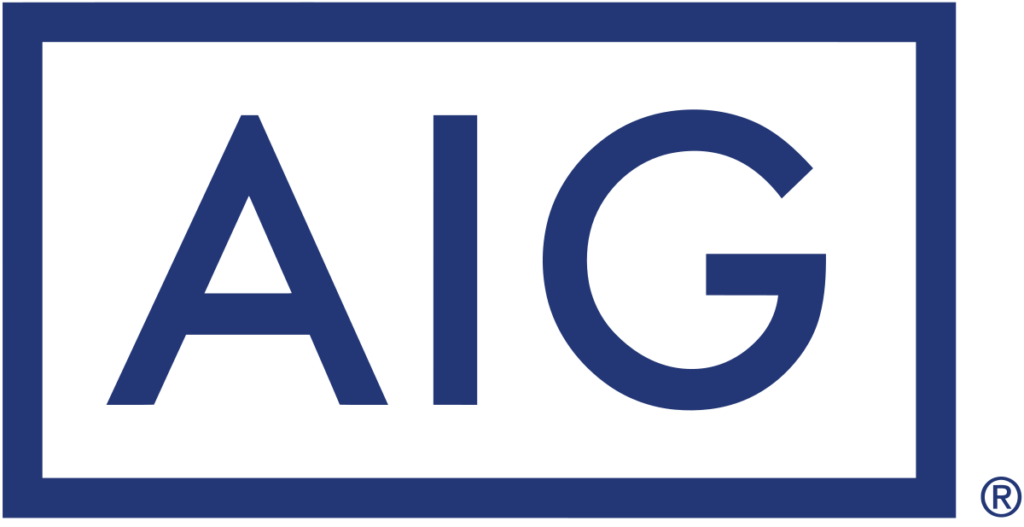Agency Partner Program
Partner (and profit) with the industry’s most advanced web accessibility solution for design and development agencies.
- Discounted Rates and Services
- Coaches and Experts
- Free Accessibility Courses
- Co-marketing Opportunities

Services and Education
In addition to our comprehensive accessibility testing software, we offer a suite of services and educational resources to help your team become accessibility pros!
WCAG Audit Service
Get a comprehensive WCAG 2.1 AA audit of your web application, mobile application, or website.
VPAT Preparation
Showcase your accessibility with a professionally prepared accessibility conformance report in the VPAT format.
Accessibility Testing & QA
Our team of assistive technology users can identify initial barriers in your digital products and provide post-remediation QA to prove barrier removal.
Remediation Support
Keep your team on track with one of our accessibility specialists via a RAMP Pro and Pro+ plan or a customized consulting plan.
Accessible Web Academy
Enroll your team in our self-guided online courses with modules for every role in your company from developer to marketer. Courses start at $20.
Accessibility Certification
We’ve created a comprehensive process to upgrade your products to be fully WCAG-conforming and compliant with applicable laws.
Hear directly from our customers
“RAMP not only provides us with a list of remediations but is also a source of truth, tooling and automation on our journey to accessibility certification.”
— Anonymous user, Fintech Industry
“[RAMP] catches many accessibility issues in an automatic, recurring method, and gives great advice on how to correct it.”
— Deneb P, Developer
“Being provided with the troublesome code, suggested remediation and the ability to rescan individual pages to confirm successful remediation has been huge.”
— Joshua B, Developer
From startups to global brands, the trusted choice for accessibility













